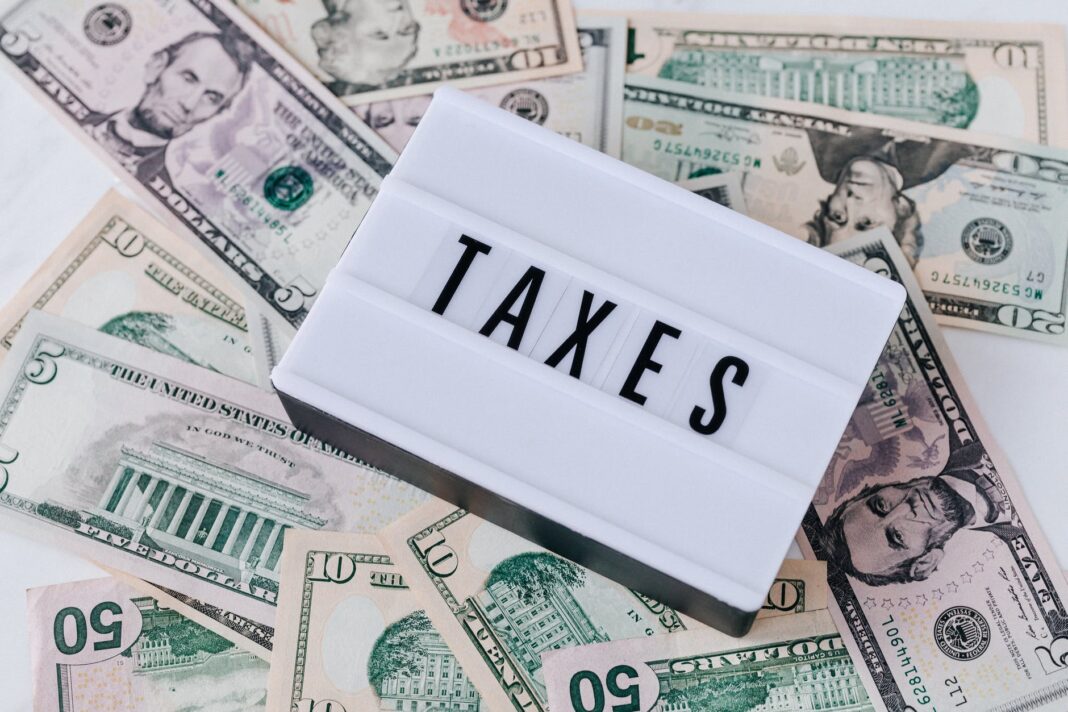Identity theft is one of the major plagues of modern society costing its victims billions of dollars and untold man hours to recover from it. In 2020, 1.4 million Americans were successfully attacked, which translates into a victim every 3 seconds. That’s more than double the number from the year before. Sophisticated scammers are breaching the walls of major corporations and individuals alike, and the information they steal gets traded on the dark web like pieces on a monopoly board.
Armed with stolen identities, digital thieves have found a lucrative market at the IRS, stealing tax refunds. Imagine waiting and waiting on your tax refund only to be told that it’s already been sent and the check cashed—by someone else! In 2020 the IRS discovered $2.3 billion dollars in tax fraud schemes.
For years, the IRS has offered Identity Protection PINs (IP PIN) used to verify your identity before you file your return. The PIN is an additional step, similar to two factor authentication intended to protect you. But the PIN was only available to people who were confirmed identity theft victims. Now, the IRS is making identity PINs available to everyone.
IRS Commissioner Chuck Rettig said in a news release announcing the availability of an IP PIN to every taxpayer, “This is a way to, in essence, lock your tax account, and the IP PIN serves as the key to opening that account. Electronic returns that do not contain the correct IP PIN will be rejected, and paper returns will go through additional scrutiny for fraud.”
To get an IP PIN go this address: Get An Identity Protection PIN | Internal Revenue Service (irs.gov). Before you sign up you may want to watch the IRS instructional video at Get an Identity Protection PIN – YouTube.
While an IP PIN is available to every taxpayer, there are some restrictions:
- An IP PIN is valid for one calendar year
- You must obtain a new IP PIN each year
- The IP PIN tool is generally unavailable mid-November through mid-January each year.
You’ll need to provide information like Social Security number and a financial account number linked to your name like a credit card or student loan account.
As much as tax return theft has grown over the last 5 years, experts think 2021 could set new records for identity theft tax scams. Because of covid, a higher number of people are working at home on computers that may not be properly secured and are more vulnerable to cyberattacks.
You may think you’ve taken all the online precautions to keep you safe and you’ll never be hacked, but you can still be at risk. Scammers have gotten so sophisticated at theft that you should just assume your information is already out there. Some things you can do to protect yourself includes:
- Monitoring your accounts for any changes
- Set strong passwords using random characters
- Don’t use passwords such as your date of birth or the numbers 1-2-3-4 (scammers love those)
- Regularly change your passwords
- Regularly check your information on file with the IRS, banks, investment companies, insurance companies, etc. Scammers need to change physical addresses and bank routing numbers to steal your tax refund.
But maybe the best thing you can do to protect your tax return is to file as early as possible and get it in before a scammer does. Don’t let someone else get what is rightfully yours.




